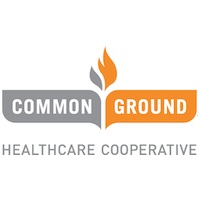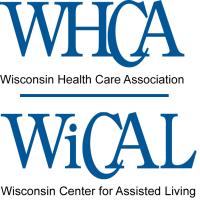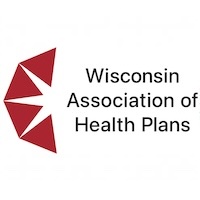
GOP leaders ask Wisconsin Supreme Court to block safer-at-home extension
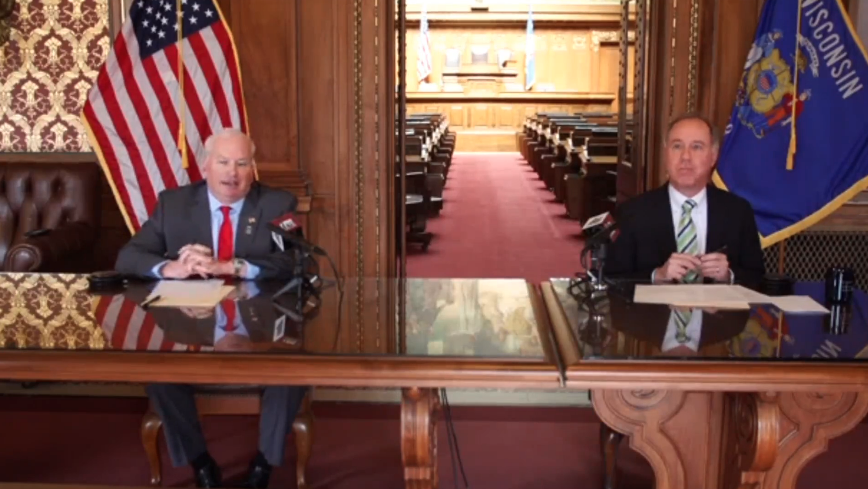
This story was updated on Wednesday, April 22 at 10:30 a.m.
Republican legislative leaders on Tuesday asked
the Wisconsin Supreme Court to stop Gov. Tony Evers’ administration from extending its safer-at-home order through May 26.
They also asked that the court stay its potential block of the extension for six days to give the Department of Health Services time to develop a new plan subject to legislative review.
Late Tuesday, the court ordered DHS leaders to respond to the filing by next Tuesday. It gave the Legislature until next week Thursday to respond to what the agency submits.
Speaker Robin Vos, R-Rochester, and Senate Majority Leader Scott Fitzgerald, R-Juneau, said in a statement that other Midwestern states, like Ohio, have set firm dates to begin reopening earlier.
The Republican lawmakers said there’s “immense frustration” regarding the extension, which they argued goes beyond the executive branch’s powers.
“The governor has denied the people a voice through this unprecedented administrative overreach,” they said in a statement. “Unfortunately, that leaves the Legislature no choice but to ask the Supreme Court to rein in this obvious abuse of power. Wisconsinites deserve certainty, transparency and a plan to end the constant stream of executive orders that are eroding both the economy and their liberty even as the state is clearly seeing a decline in COVID infections.”
Evers ripped the lawsuit, calling it a “shameful response by people elected to protect and serve the people of our state.”
He said the lawsuit doesn’t focus on saving lives and instead centers around giving Republican lawmakers more power.
“Apparently, instead of having us act quickly and decisively to respond to a crisis, Republicans would rather have us jump through hoop after hoop and ask for their permission to save lives,” he tweeted. “Folks, we don’t have time. COVID-19 will not wait.”
The Legislature in its filing argues that DHS should have issued an emergency rule, giving the Joint Committee for Review of Administrative Rules “a seat at the table.” DHS Secretary-designee Andrea Palm issued the extension as an emergency order.
“If a single bureaucrat can evade the controls and accountability measures that the Legislature has enacted to control agency overreach simply by labeling what is obviously an emergency rule a mere ‘order,’ then all of the reforms that the Legislature has put in place, and which this Court has interpreted and enforced over the years, are a meaningless, dead letter—in their most consequential application,” the filing noted.
Evers’ administration has said it’s on firm ground with the extension. Palm’s order
cites state law that gives her agency the authority to close “schools, churches and other places to control outbreaks and epidemics,” among other emergency powers.
The number of positive COVID-19 test results in the state increased by 121 to 4,620, DHS said Tuesday. There were 47,841 negative tests.
Twelve more people died, bringing the state’s total to 242 deaths.
Meanwhile, Evers told business leaders Tuesday that the order could be lifted before May 26 if the state meets certain benchmarks. That includes a ramp up in testing for COVID-19, more contact tracing, sufficient healthcare capacity and a 14-day downward trajectory in cases.
He also said he’s open to considering a restart of certain regions of the state before others, despite previously stressing a statewide approach.
“There are places in Wisconsin, mostly northern Wisconsin, where there are very few positive cases,” Evers said during a webinar hosted by the Metropolitan Milwaukee Association of Commerce. “There may be ways that we can use that small number to identify businesses and industries that could open.”
But Evers cautioned that most rural parts of the state have less healthcare capacity and an older population.
“They are the least resourced to respond to a surge. And also, percentage-wise, most of them, frankly, are my age, and percentage-wise the most susceptible,” Evers said. “We have to weigh all of those things. If something seems logical and we are making progress, we will consider that.”
MMAC President Tim Sheehy said during the briefing that the private sector should play a leading role in the reopening of the state’s economy. He outlined MMAC’s restart plan and highlighted efforts by Quad Graphics and Husco to produce protective equipment.
“One of the things we are trying to do here is identify obstacles that need to be overcome,” Medical College of Wisconsin CEO Dr. John Raymond said on Tuesday’s MMAC briefing. “We are not interested in throwing up barriers for reopening the economy. If our eyes are wide open and we say what do we need, and we mobilize the business community to tackle those problems in the supply chain, I think we are going to get to a quick and better reopening of the economy.”
Wisconsin Health News is removing the password on all stories related to the coronavirus. For the latest developments follow us on Twitter at @wihealthnews or check out our website. For complete healthcare coverage, sign up for a free trial to our daily email newsletter.


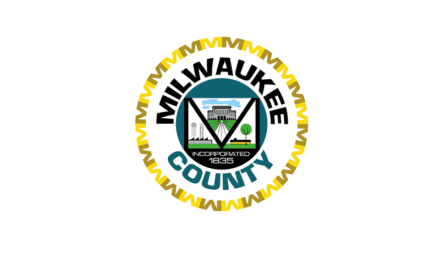











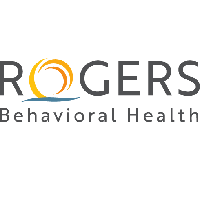


.jpg?bwg=1612548324)
